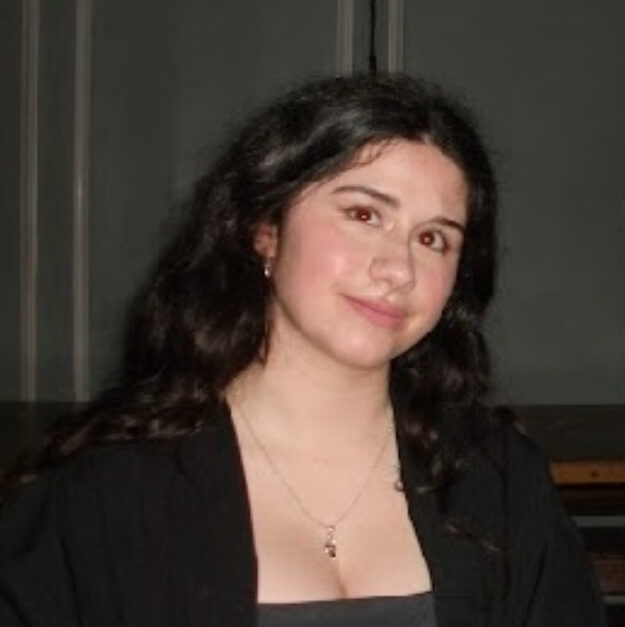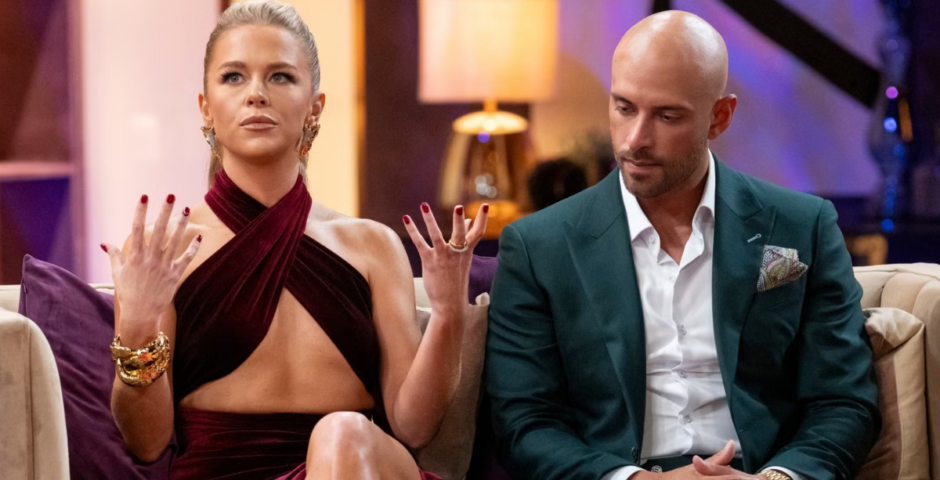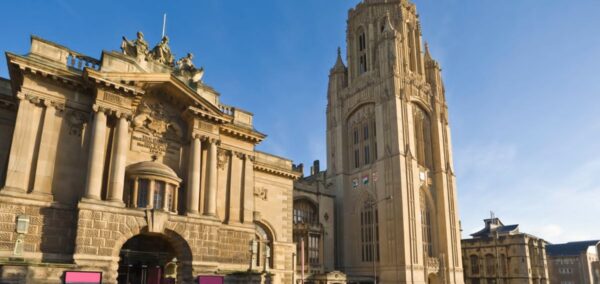
Cambridge Chancellor hopeful wants to halt cash donations from oil firms
Tony Booth wants the university to be an ethical force
Tony Booth wants the university to be an ethical force. The University of Cambridge chancellor candidate has called for the institution to stop accepting cash donations from oil companies. Competing against Sandi Toksvig and a former head of BP, Tony is a relatively unknown candidate and brands himself as a “chancellor of conscience”, The Times reports.
The broadcaster Sandi Toksvig and Lord Browne of Madingley, the former boss of the oil giant BP, are among well-known names vying to become the new chancellor of Cambridge University. Tony Booth, the newest contender, is a relative unknown, who brands himself as a “chancellor of conscience” and has participated in Gaza protests at the university. Tony, 80, was a visiting research fellow at Cambridge University’s department of education, as well as holding the role of a professor of education at Canterbury Christ Church University. He wants the university to be an ethical force in the academic world.
Having himself participated in Gaza protests at the university, his election would mark an alignment with student pressures to halt arms sale to Gaza and sever the university from donors in the fossil fuel industries. Booth has gained the support of Cambridge for Palestine, the student group that set up an encampment on King’s Parade last year in opposition to the university’s ties to the arms industry. The group considers Booth the “the only candidate who will take a firm stance against the university’s unethical investments”. The Gaza encampment was recently blocked from certain areas of the campus until the end of July, after a four month legal campaign by the university.
Most Read
Sandi Toksvig, if elected, would be the first female Chancellor in the University’s history. Booth is running against Cambridge astrophysicist Wyn Evans, former BP chief executive Lord Browne, business owner and activist Gina Miller, Toksvig and Queens’ College president Mohamed El-Erian.
According to the university, the Chancellor holds a “key role in the life of the collegiate University”. The individual elected will be both the University’s formal and ceremonial head, and while they have no executive responsibilities, they will nevertheless play a vital part in Cambridge’s public-facing activities, fundraising, and advising senior members of the University.
“The most significant commitment for the Chancellor is to be a champion and ambassador for Cambridge, and to advocate and support the University’s aims and strategic interests”. Other important responsibilities include:
- Presiding at major ceremonial events, such as Honorary Degrees and admission to the Guild of Benefactors, and taking part in other high-profile occasions;
- Providing confidential advice and support to the Vice-Chancellor;
- Acting as Visitor at several Cambridge Colleges (an external figure on whom the College can call for advice, or for decision in certain internal disputes)
The Chancellor’s responsibilities would include duties of managing finances and property, requiring the person elected to act in the best interests of the University.
The University expects the Chancellor to be a “distinguished individual” who has a “deep affinity with the University’s mission and values”. If Booth were to be elected, his branding as “chancellor of conscience” would inform the University’s priorities and public face.
The University of Cambridge were approached for comment.


















